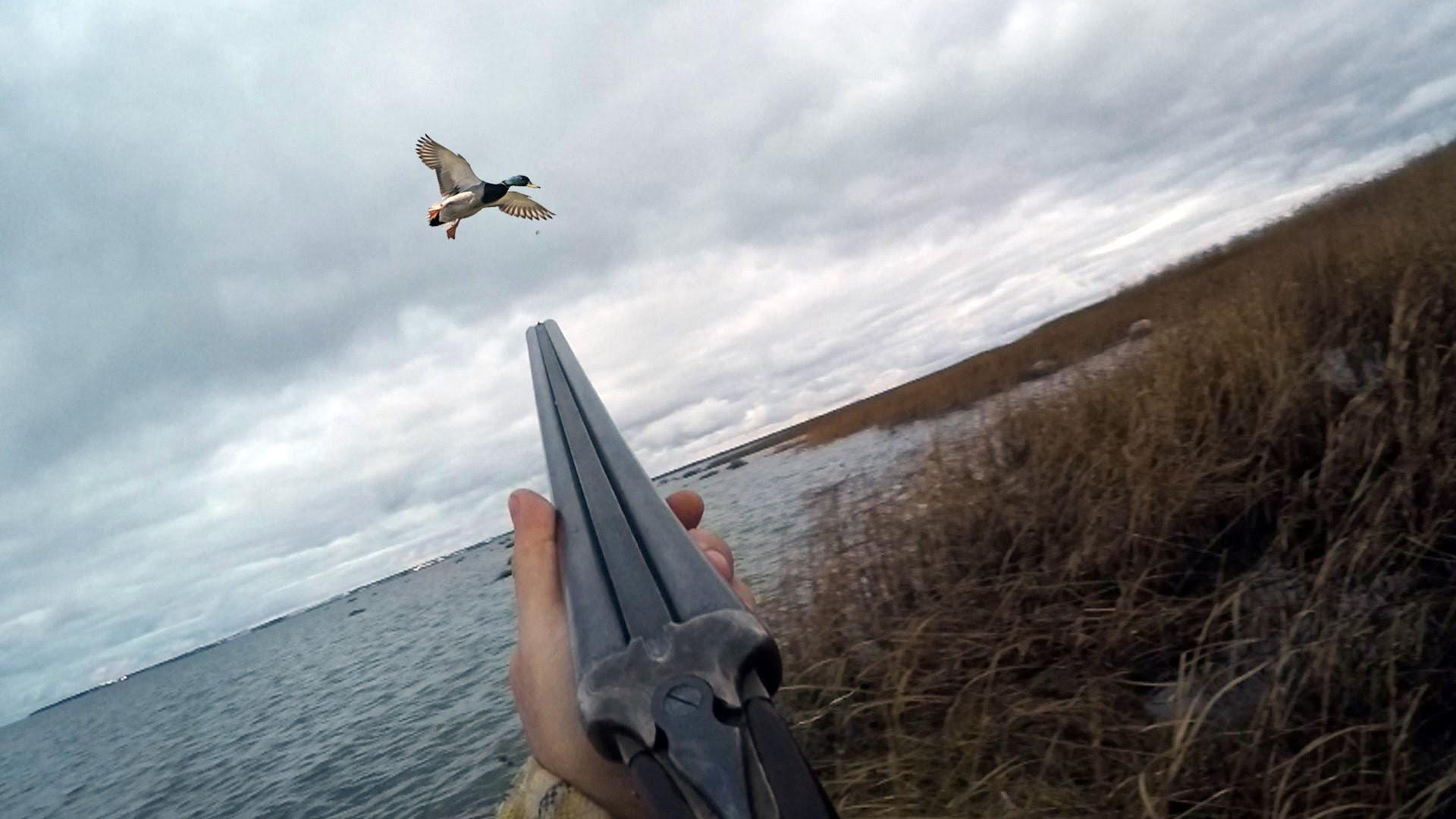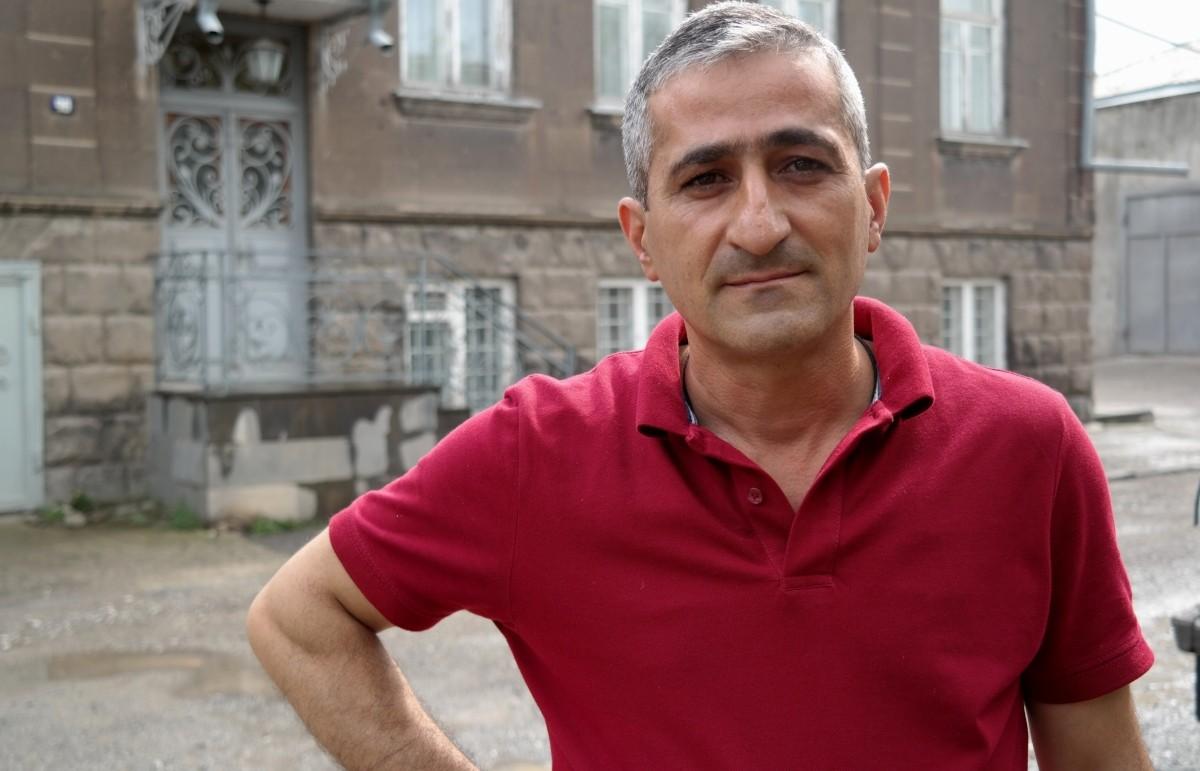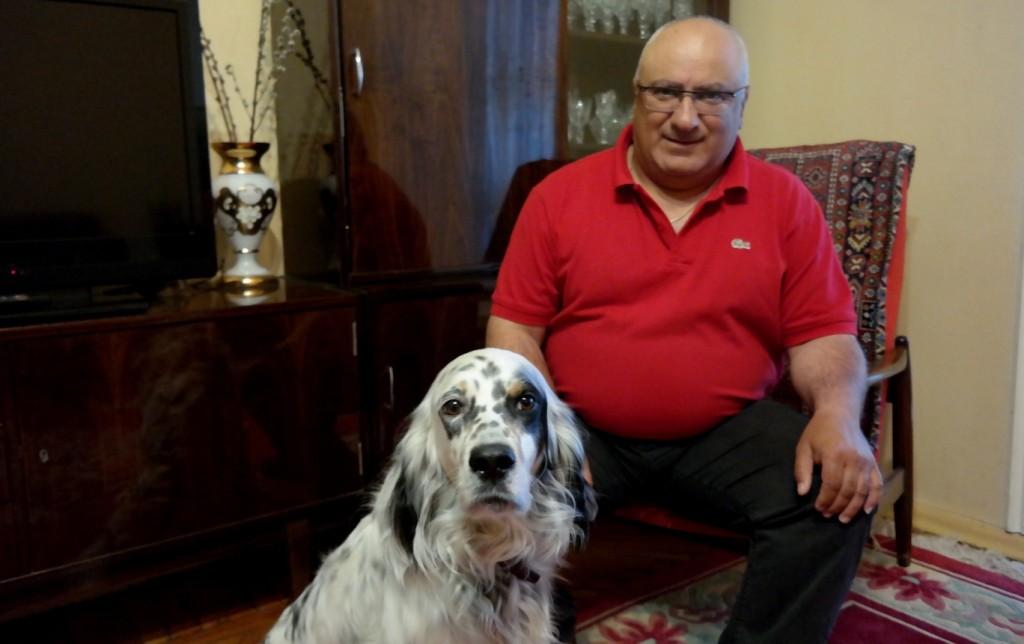
Shirak Hunters Up in Arms: Government Proposes 5 Year Ban on All Hunting in Armenia
Many hunters in Armenia are up in arms over an Armenian government proposal to ban all hunting in the country and to halt the importation of bullets for five years.
Samvel Mkrtchyan, a hunter from Gyumri, a town in Armenia’s Shirak Province, is one of those hunters.
“Rather than ban all hunting, they should just ban the hunting of certain species,” says Hovhannes Khnousyan, who heads the Shirak Aghavnabazeh Union of Hunters and Environmentalists.
Hunter Hovhannes Badalyan argues that an outright ban of all hunting, as proposed by National Security Service Director Artur Vanetsyan, will force many hunters to become potential poachers in a few years.
“I’ve hunted for 31 years, and I don’t understand the notion of a hunting ban. A ban to hunt certain species is accepted practice throughout the world, not a total ban. If there’s a problem in the country, they have to review it on a province by province basis. In terms of species to hunt, Shirak is at the bottom of the list. Seen from this prospective, there’s nothing to ban here,” says Mkrtchyan.
Avid hunters are so incensed over the proposed total ban that they have written to Armenian Prime Minister Nikol Pashinyan and Minister of Nature Protection Erik Grigoryan.

In the letter, they argue that a total hunting ban would weaken national security, intensify poaching, and hurt hunting related businesses, including riflery.
“We want to know if a hunting ban in Shirak will result in an increase of numbers of this or that species,” says Khnousyan. “We aren’t Vayots Dzor, Syunik or Ararat, provinces with abundant animals to hunt, and where endangered animals are more plentiful than here.”
Khnousyan points out that there are only a few bird species to hunt in Shirak.
“There’s the partridge, quail, two types of duck, thrush and woodcock. Fox hunting is prohibited. You can hunt wolves and coyote. A ban would only help the local partridge population. The rest are migratory birds,” Khnousyan says.

Badalyan believes that nature will deal with a potential dramatic rise in partridge numbers on its own.
“Nature will create some sort of virus or ailment to deal with the increased numbers. Even partridge numbers won’t skyrocket especially if there isn’t the appropriate amount of food,” Badalyan says to bolster the argument that a total ban will not spur a growth of native species.
Badalyan adds that he and other hunters leave feed for the partridges during the winter. (Such a practice is unheard of in most of the outside world.)
“We don’t want to see a decrease in bird numbers. Hunters are also environmentalists, but many do not accept such a notion. We are the most connected to nature and the most concerned than anyone,” Badalyan says.
Quail season in Shirak runs from the end of August until the beginning of October. Partridge hunting is allowed from October until the end of December. Duck season begins on October 15.
Artur Petrosyan says that he and other hunters will have to travel to Georgia to hunt if Armenia imposes a total ban.
“I also travel to Russia to hunt. True hunters will be hurt by the ban. If you want to battle the problem of poaching, a ban won’t be effective. We are more successful in countering poaching. Instead of a ban, the inspectorate must be strengthened,” Petrosyan says.
Out of the 2,000 registered hunters in Shirak Province, only 150 or so actually hunt. Some people become members of the Hunters and Fishers Union of Armenia simply to obtain a gun.
Many of the most avid hunters also own pedigree hunting dogs. The English Setter is the all-time favorite.
“I have two and so does Artur. Some own three. Hovo owns another breed. No self-respecting hunter goes out without a hunting dog. We spend a lot to get these dogs and train them. I can’t imagine what will happen to these dogs if the ban goes through. Some people just might set them loose on the street,” says Samvel Mkrtchyan, who argues for increased fines for those who poach or hunt for prohibited species.
Hovhannes Khnousyan notes that only three criminal cases of poaching were filed in Armenia during the past year.
“In this context, I don’t understand the logic behind the proposed ban. Let them increase the fines. The maximum fine, 100,000-500,00 drams, is for hunting leopards. Fine. Let them prohibit all hunting for wild sheep and chamois, the leopard’s natural prey, not a five-year total ban,” says Khnousyan.
It costs 8,000 drams (US$17) to purchase a seasonal hunting license in Armenia.
The hunters we spoke to said that if the ban goes into effect, they pursue their passion in neighboring Georgia and pay for hunting licenses there.
 Videos
Videos Photos
Photos
Comments (3)
Write a comment